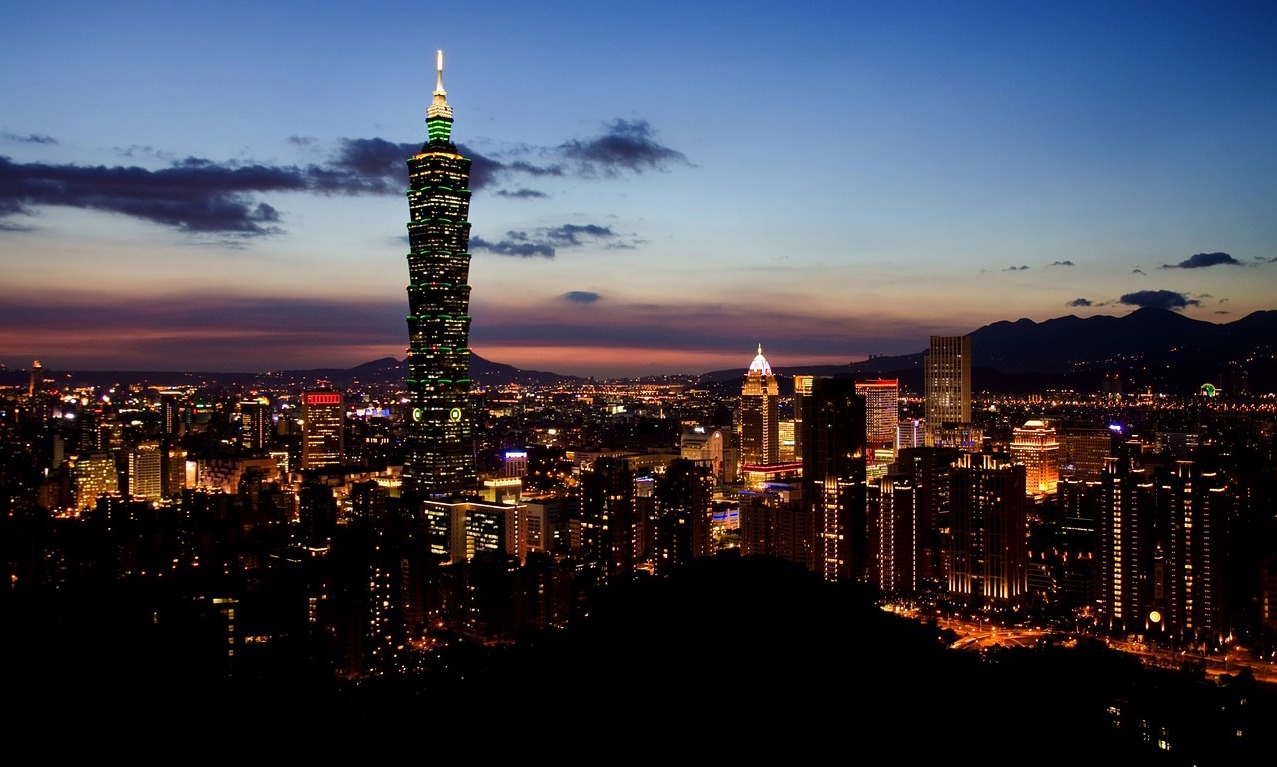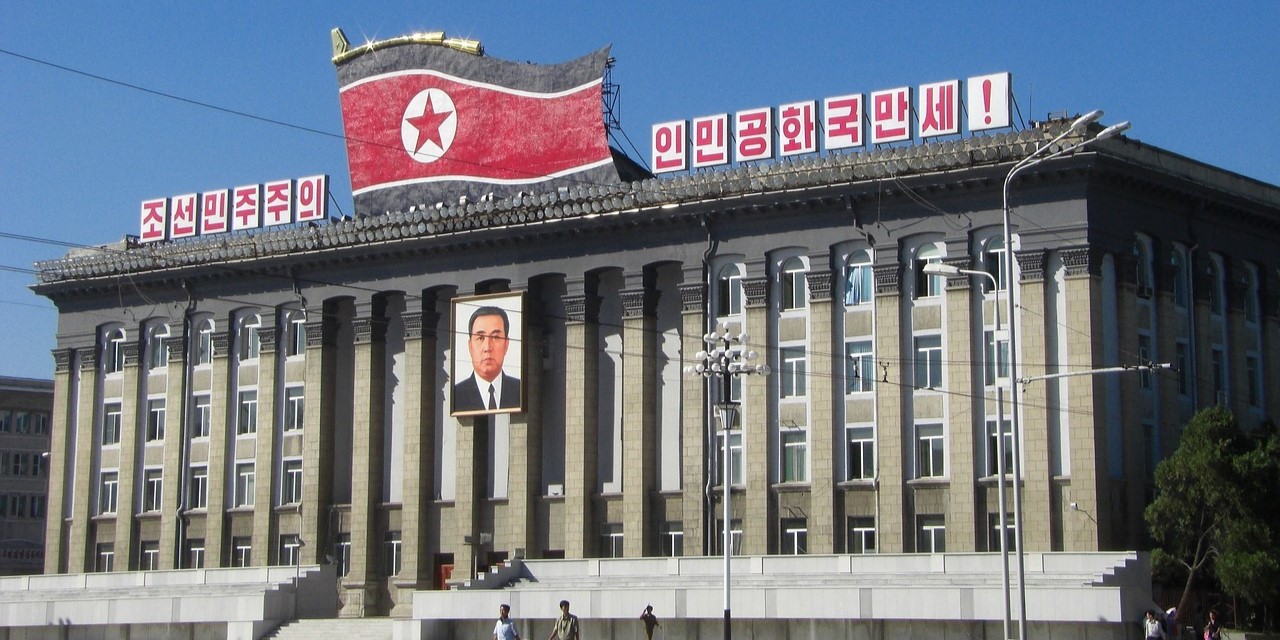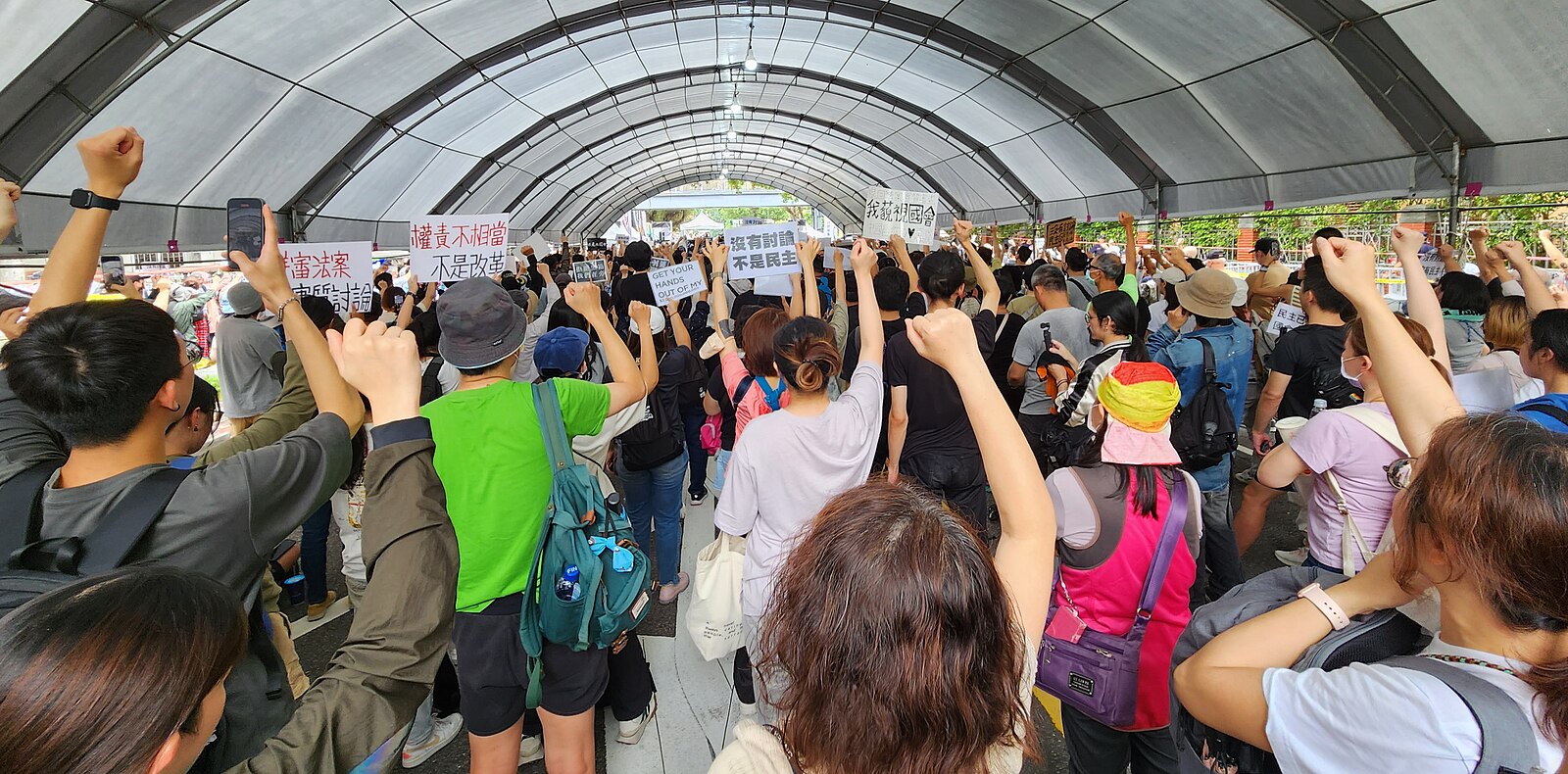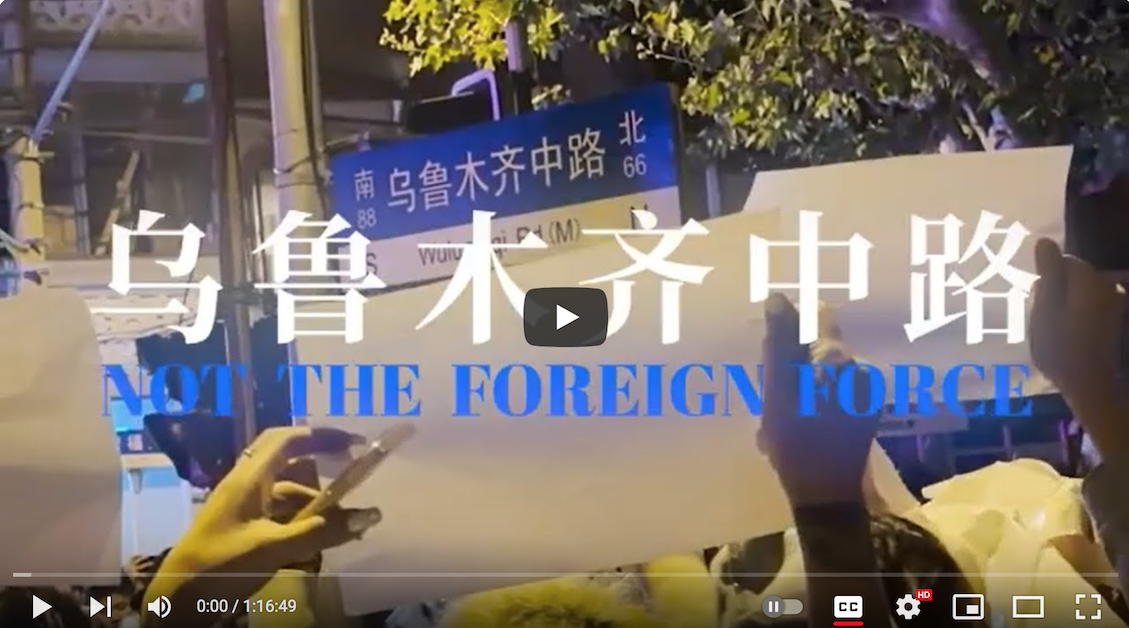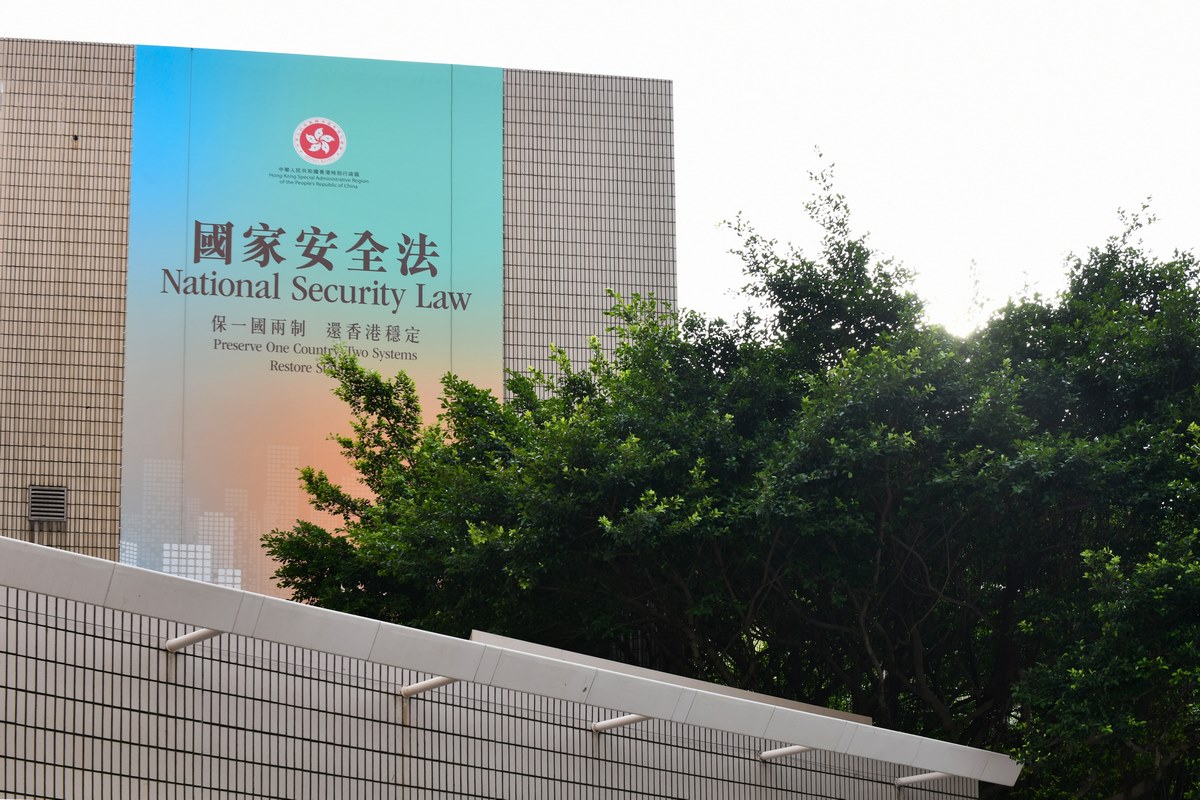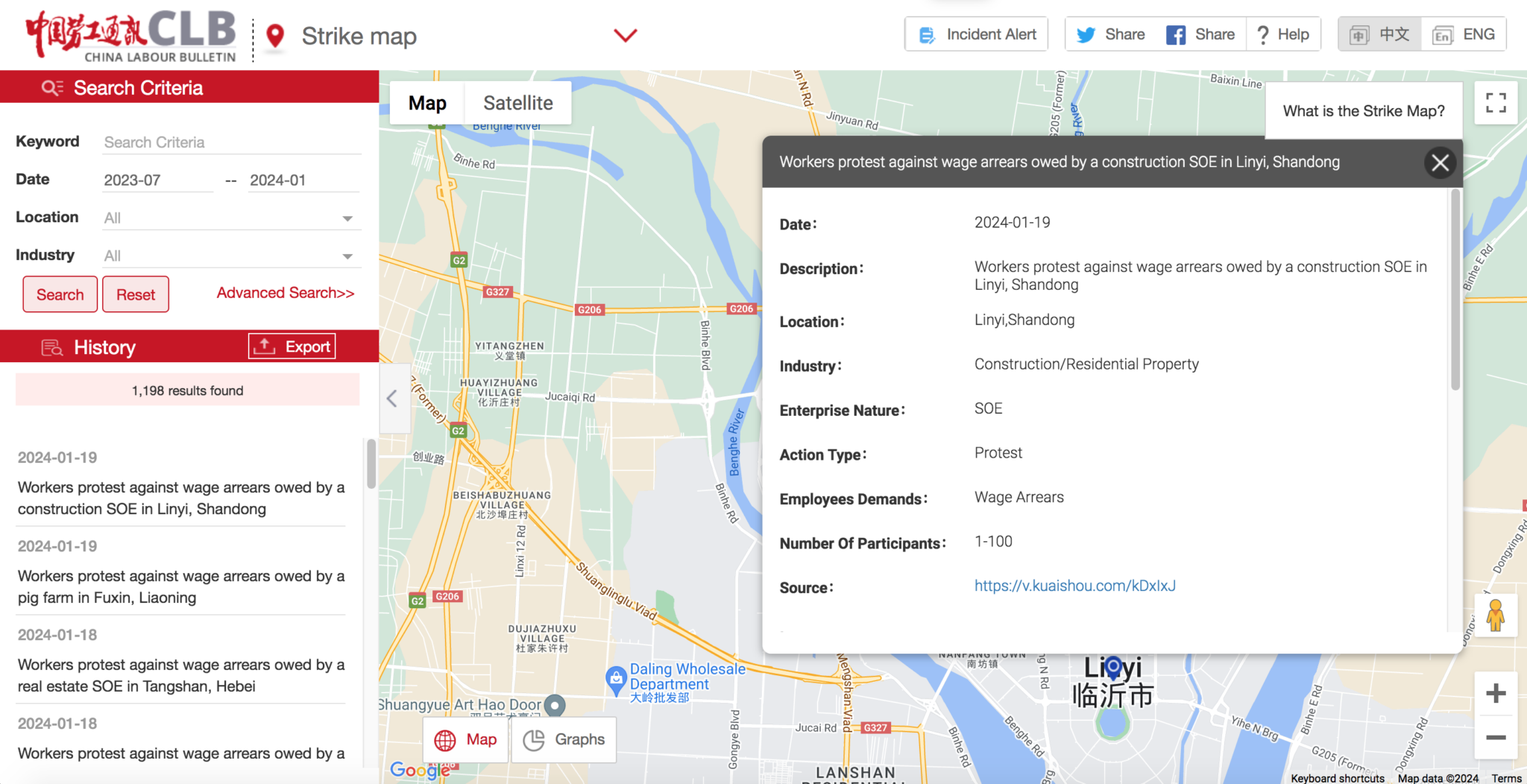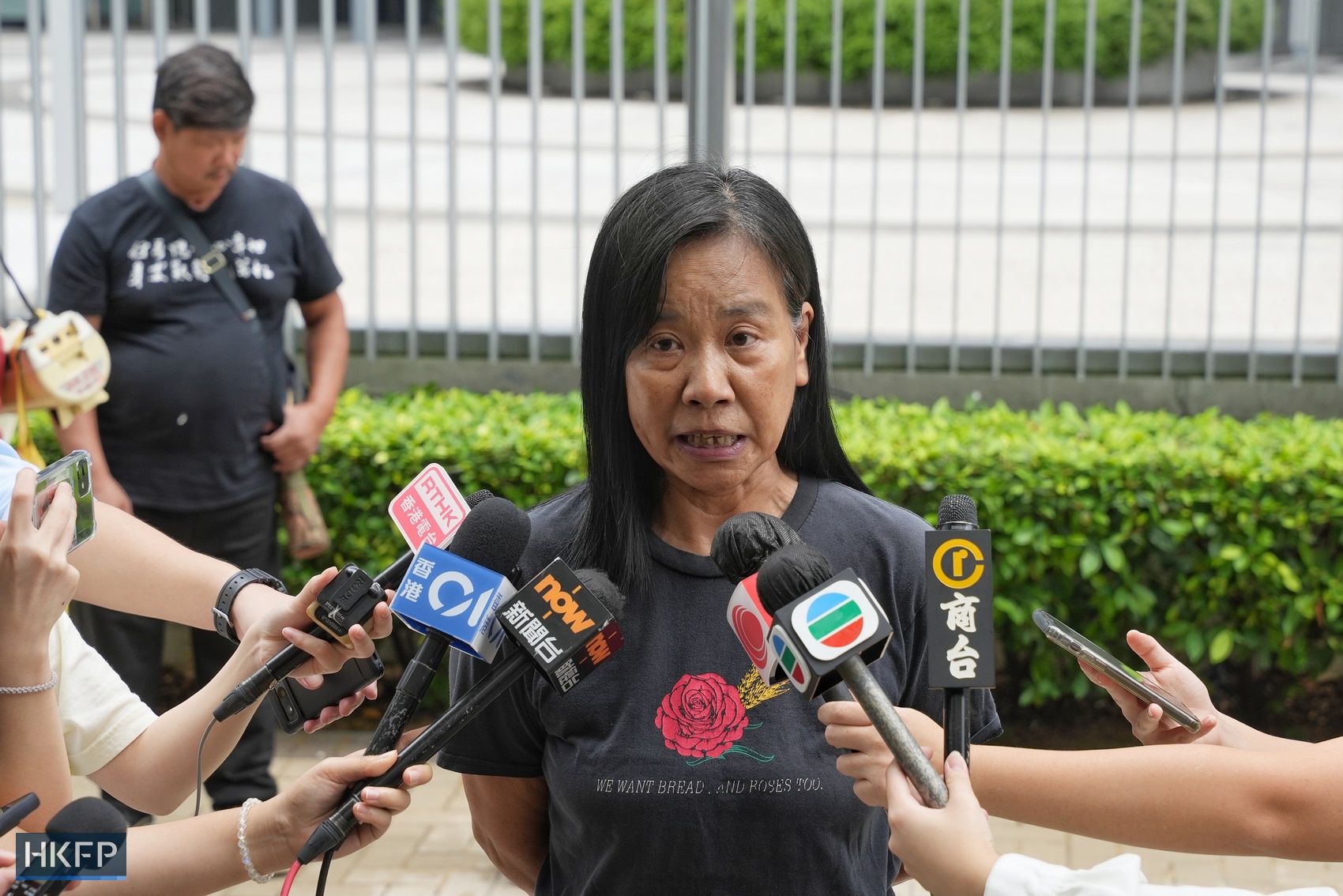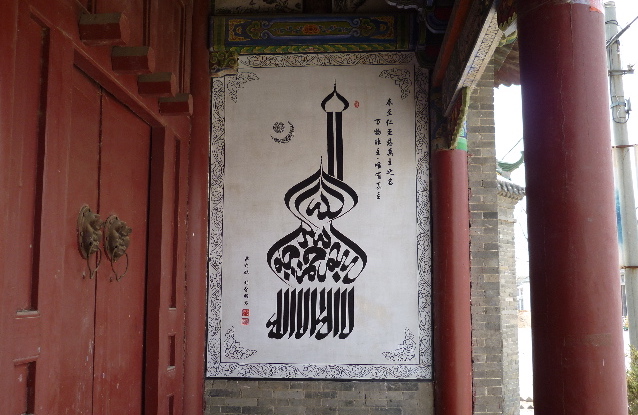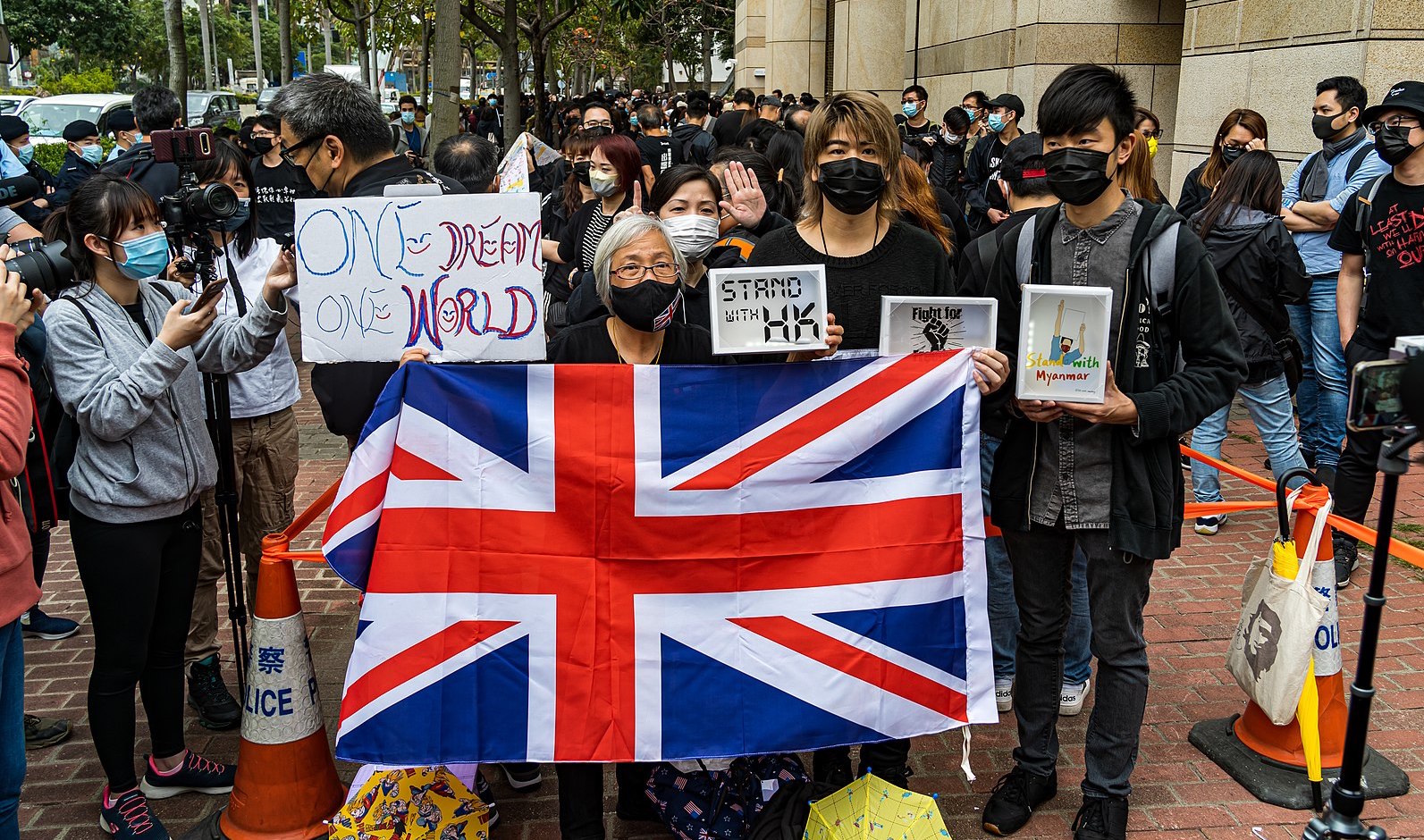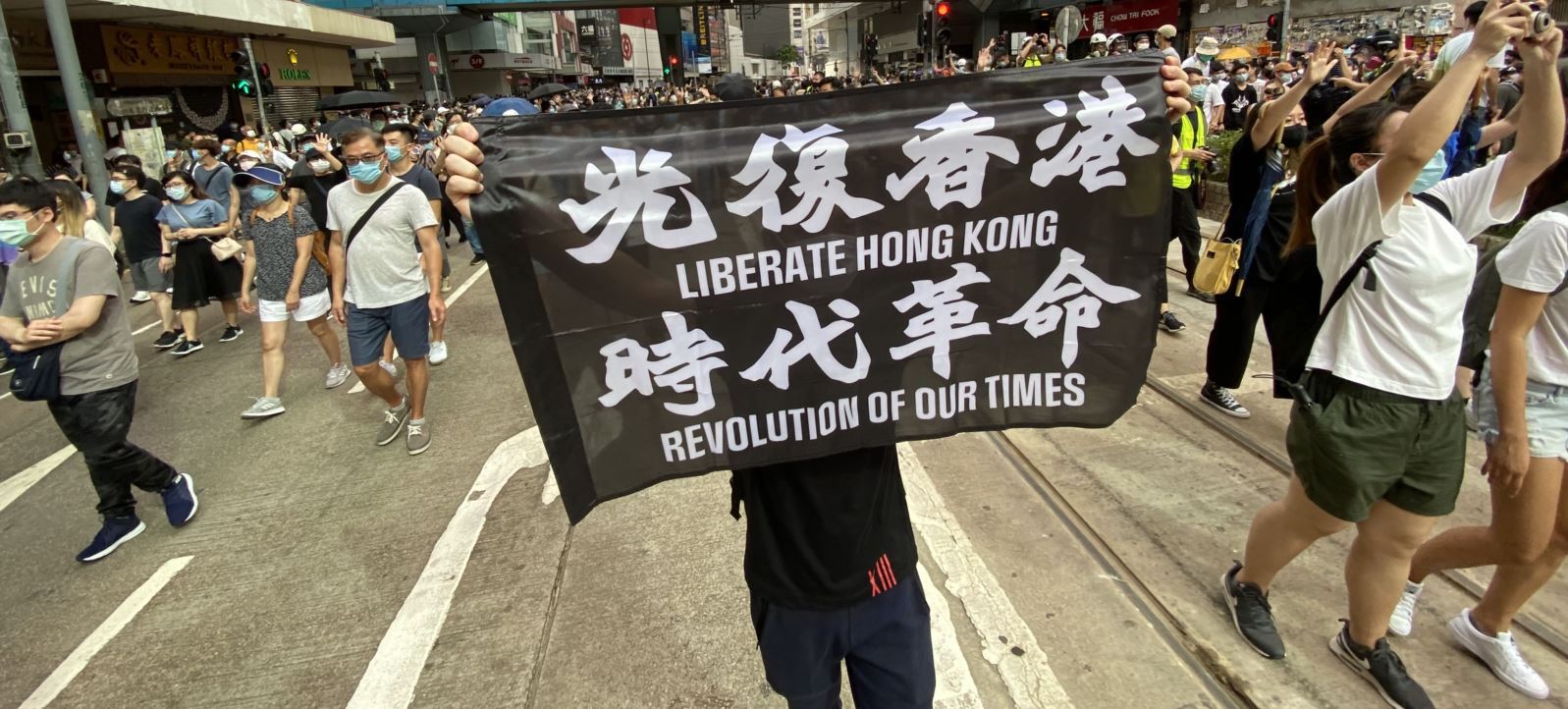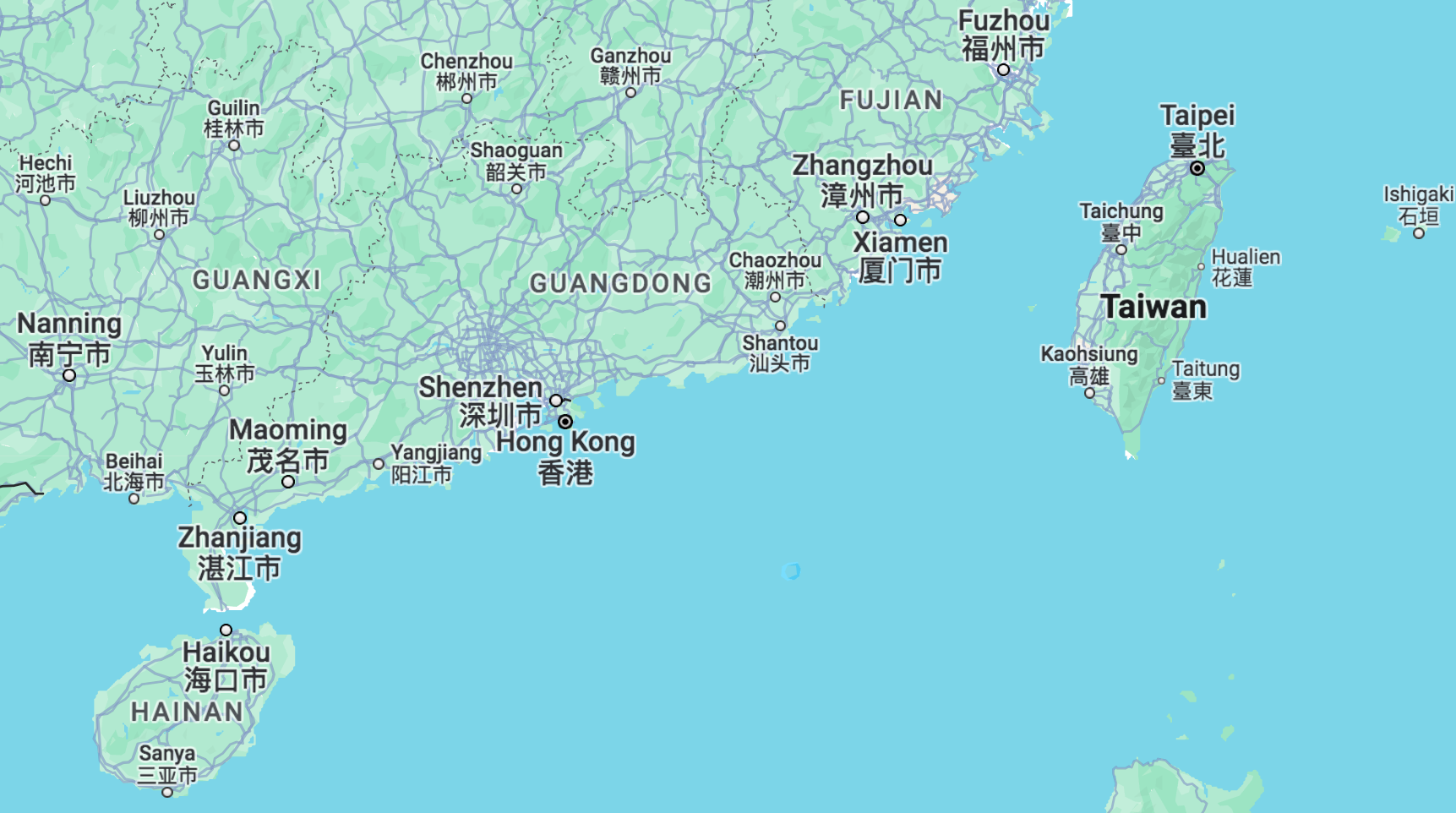
China and Russia launch joint naval exercise
Chinese and Russian naval forces have begun a joint exercise at a southern Chinese military port, China’s Ministry of National Defense announced. The “Maritime Joint-2024” exercise is taking place off Zhanjiang, Guangdong province, on the South China Sea. The operations encompass reconnaissance, anti-submarine warfare, anti-missile and air defense maneuvers. This naval cooperation unfolds against a backdrop of mounting tensions between China and NATO allies. At their Washington summit, NATO members designated China as a “decisive enabler” of Russia’s war in Ukraine, citing the two nations’ declared “no-holds-barred partnership” and China’s support for the Russian defense industry. (Map: Google)



